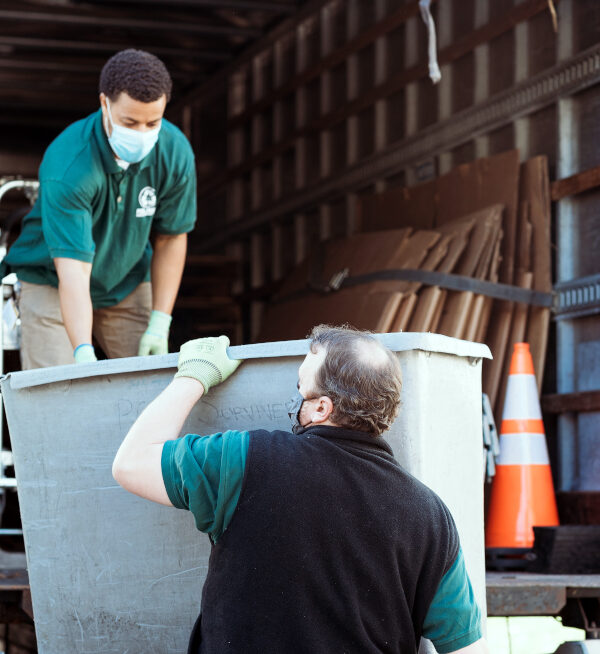Zero Waste by 2040
While BC is ahead of most other regions in terms of recycling and composting, Zero Waste BC and the Canadian Centre for Policy Alternatives call for bold policies centering on redesign, innovation, and shifting culture – by 2040.
0
%
of our landfills consists of organic material in BC – meaning food scraps, yard waste, food-soiled paper products, and biosolids. According to the BC Government, this is equivalent to a global carbon footprint of approximately 4.4 billion tonnes of CO2 annually.
0
%
of our plastic in Canada is recycled according to the federal government. Plastic is now labelled as a pollutant, and Canadians throw away over 3 million metric tonnes of plastic every year. Governments at all levels are taking action.
0
%
The goal for plastic Canada Plastic Pact’s goal for plastic packaging in Canada is 100% reusable, recyclable, or compostable. A circular economy for plastics in Canada would save $500 million in costs every year, create tens of thousands of jobs, and decrease greenhouse gas emissions significantly.
0
%
The recovery rate for beverage containers in BC in 2021 according to Encorp Pacific (Return-It). Since 2000, the rate has ranged between 72% and 82%. The ERP program mandates a minimum of 75%.
Recycling in your community is driven by BC’s Provincial Recycling Regulation which provides the rules and regulations for how recycling is planned for and managed.
BC also has an Extended Producer Responsibility (EPR) Policy, which places the responsibility for end-of-life management of products and their packaging on manufacturers. When you buy a product covered by an EPR you pay a deposit or eco-fee. Some examples of the types of products covered by an EPR program and returned to a depot by the public after use are beverage containers, paints, tires, and batteries.
The Province also requires that each Regional District in BC develop and submit a Solid Waste Management Plan for approval. These plans detail how each regional district will not only manage its residential, commercial and institutional waste, and its recycling facilities, but also how it will work towards and reach provincially imposed waste reduction targets.

Have a question about the world of waste reduction, recycling, or circular economy? Check out our FAQs!
Plastic household items are not included in any of BC’s regulated recycling programs. Some municipal and regional landfills, transfer stations, and recycling facilities may accept certain types of plastics for recycling independent of provincial programs.
Some private plastic recyclers accept plastic household items for recycling, usually at a cost.
Visit RCBC’s Recyclepedia for drop-off options or contact the RCBC Recycling Hotline for all options available in your community.
Learn MoreMost often food packaging belongs in your recycling bin rather than your organics bin. There are some cases, however, where paper packaging gets too soiled to go in with clean paper for recycling. If you get curbside collection for food scraps, some soiled paper products can go into your curbside organics bin. If you are not sure if your community has a food scraps collection program, please contact the RCBC Recycling Hotline.
Learn MoreWhile it’s best to ensure glass isn’t broken when including in your recycling, broken glass bottle and jars can be recycled.
Learn MoreEmpty refillable and non-refillable propane tanks are accepted at most landfills and transfer stations for recycling as scrap metal.
Learn MoreEmpty aerosol spray cans, including those for food, air fresheners, shaving cream, hairspray and textile sprays, are included in a provincial recycling program, managed by Recycle BC. To ensure that any excess residue is eliminated, hold down the can’s nozzle and spray out the contents into an old rag until you do not hear any sound, not even air. Once the aerosol can is empty, many municipalities accept these items in the curbside recycling bin. For residents who do not have this option, these cans can be recycled free of charge at a number of recycling depots across the province. For more information on this program, visit the Recycle BC website, or contact the RCBC Recycling Hotline.
Learn MoreRCBC is treasure trove of information from local government and industry data, to research happening right here at home, to best practices around the world. Take a look at our library, and if you don’t see what you’re looking for, give us a call.